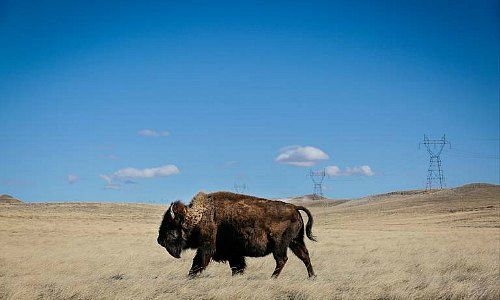While traditional offshore centers have folded due to pressure from Fatca and the OECD, the battle to attract the untaxed dosh has started in earnest between various U.S. states.
Call it hypocrisy, call it imperialism, or simply a show of force: the U.S. brought the Swiss financial market to its knees, respectively forced it to comply with transparency rules – and not only Switzerland, the global financial market was put under pressure by Fatca.
The introduction of the automatic exchange of information regulation by the OECD did the rest. Banking with untaxed money ceased to be a viable business in a digital world.
A Competitive Advantage for the U.S.
One of the world's oldest tax haven is meanwhile prospering in peace and tranquility: in the U.S. state of Delaware, it is still as easy as ever to hide untaxed money from the probing eye of tax authorities through the use of letter-box companies and foundations.
But Delaware isn't alone to sense that there is money to make with the billions of the rich. Several states are fighting each other over the cash, according to a report by the «New York Times».
A Bonanza for the Taking
Apart from Delaware, Nevada, South Dakota and Alaska are the frontrunners in this contest, according to the report. Further states, such as New Hampshire, Wyoming, Tennessee and Ohio have entered the frame and hope to attract some of the billions in offshore cash. The U.S. outback clearly has become a magnet for this type of asset.
The size of the bonanza is huge: a study by the «Tax Justice Network» in 2010 estimated the amount of untaxed private money in some 80 offshore centers to be $21 to $31 billion.
Washington Keeping Mum
Officially, the U.S. states don't vie for untaxed money. That would be to delicate given the sensitivity of tax issues in the U.S. But they are providing a safe haven for assets from claims such as creditors, divorced partners and children.
Washington hasn't gotten involved so far as trust-legislation is within the authority of state law. «There is no doubt that many, many jurisdictions are committed to being at the bottom,» said Edward McCaffrey, a professor at the University of Southern California of Law, in the newspaper.
The bottom in the sense that they stand accused of fostering a competition for being the best place for tax avoidance.
Mossack Fonseca and Friends
After all, according to the information revealed by the Panama Papers, Mossack Fonseca lawyers founds thousands of letter-box companies in Nevada and Wyoming to protect the identity of their beneficial owners.
The financial market has reacted to those moves. Rothschild Wealth Management & Trust entertains an office in Reno (Nevada), vying for customers who want to avoid paying taxes. Others, such as Cisa Trust from Geneva, opened a branch in Pierre (South Dakota).
These companies are looking for an international clientele – and the U.S. is the new tax haven.





























